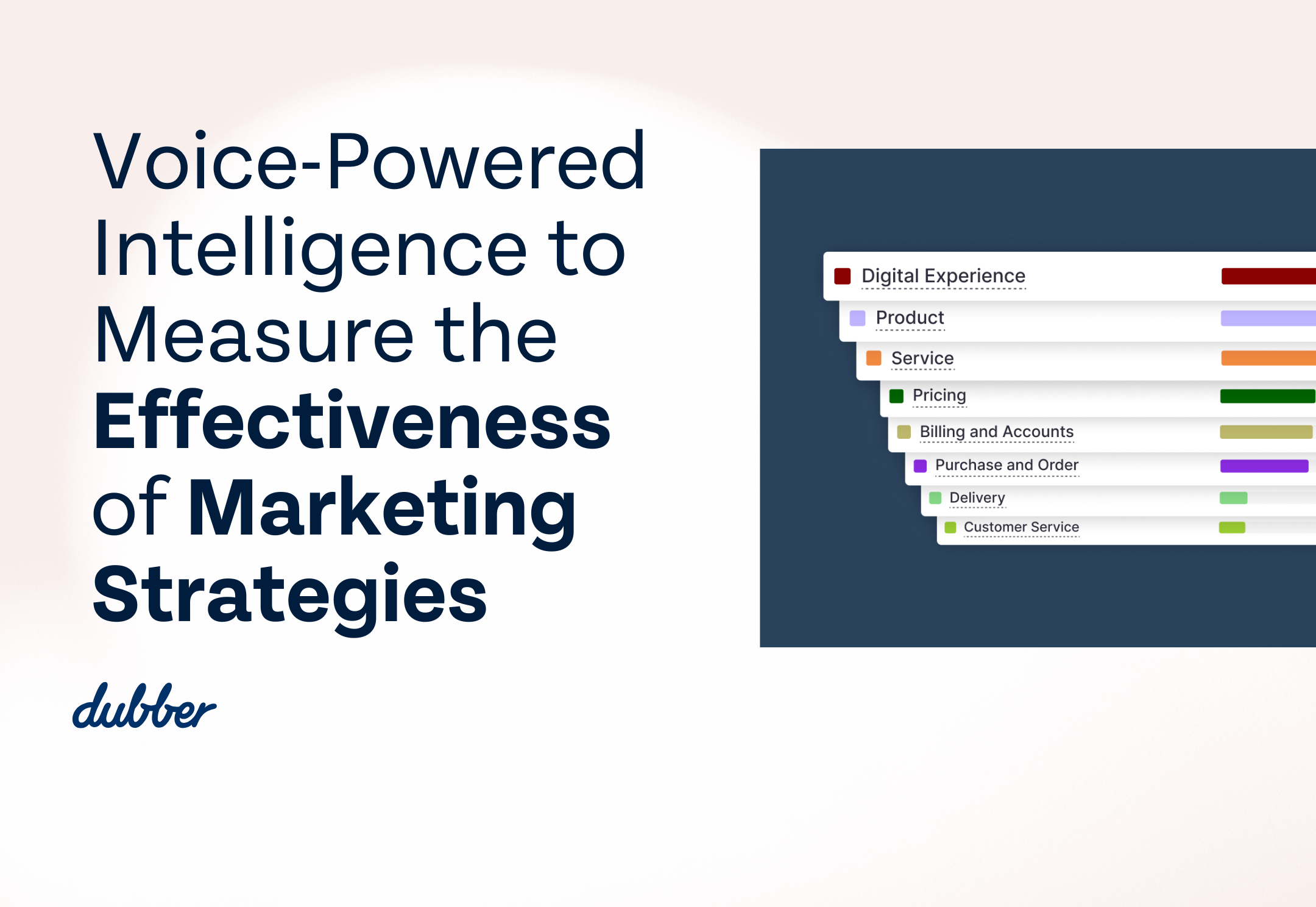

The biggest compliance issues affecting the financial services industry
1. Regulatory change and political uncertainty
Regulations are continuously changing and, particularly as many financial services organisations operate globally, it can be difficult to make sure that measures are in place to comply with evolving requirements. With Brexit deal negotiations continuing and the exit date rapidly looming, financial institutions who deal with clients in the UK and the EU will be facing uncertainty when it comes to compliance.
Recording information is a key requirement for the majority of financial regulators around the world. There are varying standards depending on the country of operation, such as the US Generally Accepted Accounting Principles or the International Financial Reporting Standards, meaning that recording information can use vast amounts of company resources.
The solution to record keeping compliance worries is an agile call capture service with no limits on storage. Financial services organisations can record their calls and store them for as long as they need to – keeping them for 5-7 years to comply with regulations such as MiFID II at no extra cost.
2. Data protection and cybersecurity
With sensitive information being shared with banks every day by customers, data protection is a key challenge for banks. Regulations such as the GDPR can result in fines of up to 4% of annual turnover for firms that fail to comply with data protection laws. Not only is data protection a legal requirement, banks can leverage their information security policies to engender trust in their customers.
Cybersecurity is at the forefront of the minds of risk and compliance managers, as they work to protect the vast amounts of sensitive information that financial institutions process. Further regulations such as PCI DSS and SOX require formal data security policies, communication of data security policies, and consistent enforcement of data security policies.
Advances in cloud technology can really help with the burden of compliance, with secure and geographically redundant data centres ensuring the safe processing and storage of consumer conversations. Data can be encrypted and access can be restricted to reduce risk.
Data also provides a unique opportunity for financial service providers to learn more about their customers and improve products and processes within their organisations. The unstructured data held within customer communications can initially seem inaccessible, but with voice AI it can be transformed into actionable intelligence that can fuel business decisions.
3. Fintech disruptors
Established banks are beginning to feel the threat of newer, more agile players within the financial services industry. The introduction of open banking in the UK has made it even easier for fintech disruptors to lure customers away with easier switching and more competitive offerings. This initiative was introduced by the government to encourage competition in an industry that has previously been dominated by a handful of powerful institutions.
Traditional banks are realising that they will need to innovate, and embrace technology that will allow them to become more agile. This extends to compliance, where technology can facilitate adaptation to changing requirements and create a more proactive approach to risk mitigation. This forward-thinking culture of compliance utilises AI to perform in-depth data analysis to provide insightful reporting that can identify and minimise risky activity. With automated reports and customisable alerts, supervisors and managers can reduce undesirable behaviours without increasing their workloads.
Embracing the potential of technology gives financial institutions the ability to differentiate themselves from the competition and win the trust of their customers by demonstrating their commitment to risk management and data protection.
4. Minimising risk
Regulations put on financial services organisations largely focus on transparency in their aim to increase trust and protect consumers. With adequate data gathering and surveillance capabilities, firms can identify and minimise violations such as insider trading.
A recording solution that can track and timestamp conversations, and allows for quick and easy search and retrieval of information will give firms the upper hand in compliance and risk management. Voice AI that can detect keywords and send tailored alerts to management makes it quicker and easier to detect and deter suspicious trading activities to prevent penalties from regulators.
Talk to a member of the Dubber team to find out how our services can ease the burden of financial compliance.

